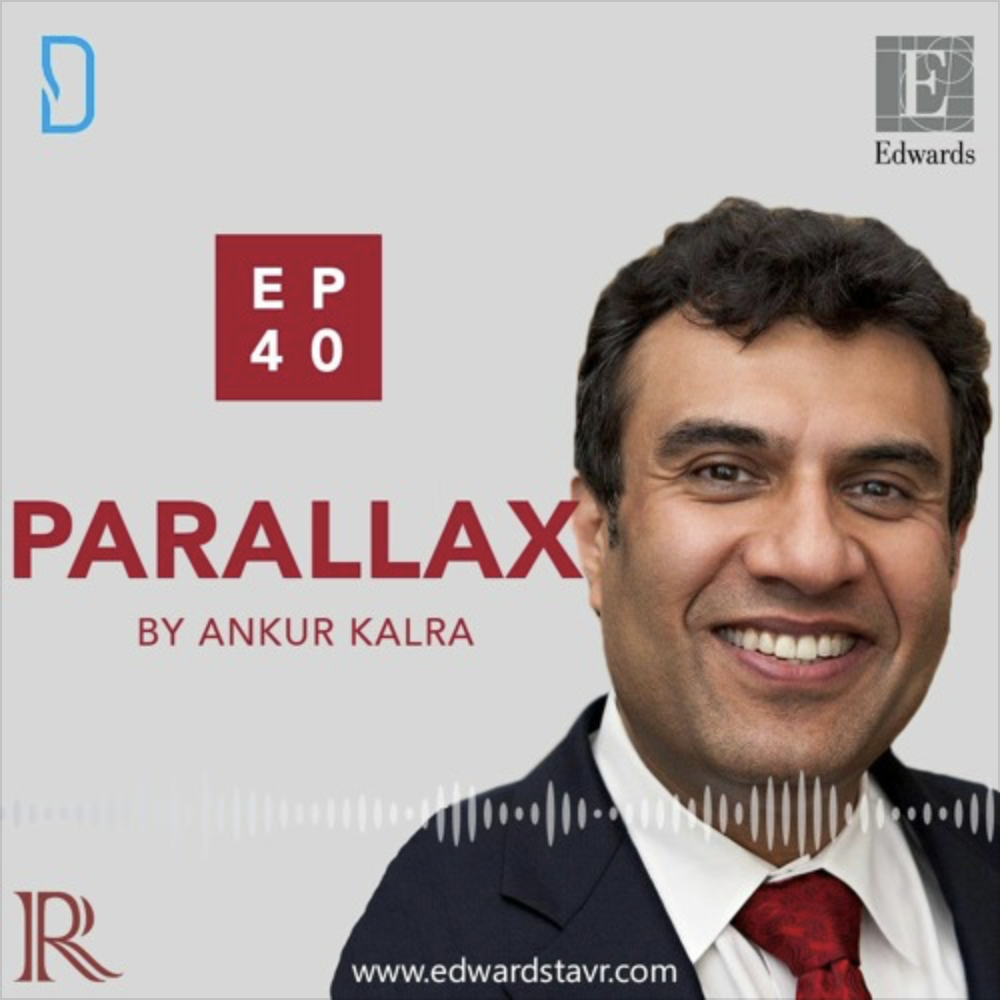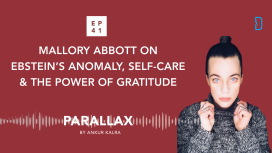
Dr Mehra does not frame his experiences as failures or successes; he looks at all events with one question in mind: What can I learn from this?
In this week’s episode Ankur’s guest is Dr Mandeep R Mehra, Medical Director of Brigham Heart and Vascular Center and Professor of Medicine at Harvard Medical School.
Dr Mehra’s professional journey started in the Sevagaram Ashram in India where medicine and the Gandhian way of life were both instilled in him. His career in the US was prompted by a question posed by a neuroscientist, Sister Elizabeth Burns: “Have you ever thought about the scalability of your impact?” In this reflective and personal conversation Mandeep talks about the choices he made during his career and the people who shaped him. Ankur asks Mandeep about his editorship at the Journal of Heart and Lung Transplantation and Mandeep shares his thoughts on selecting priorities, and the importance of living in the present moment.
How does Dr Mehra think about building opportunities? What were his formative experiences? How does he think about the role of mentorship in medicine? What is Dr Mehra’s message to our listeners?
Questions and comments can be sent to “podcast@radciffe-group.com” and may be answered by Ankur in the next episode. Guest @MRMehraMD, hosted by @AnkurKalraMD. Produced by @RadcliffeCARDIO.

Brought to you by Edwards: www.edwardstavr.com





What is the Global Cardiology University project? How does Dr Anavekar encourage trainees to re-examine their role in patient care? What is his advice to our listeners?

As Dr Kalra asks Dr Rao about the ways in which early career faculty members can get involved with the organization at a state level. Dr Rao shares his insider tips and highlights key events where individuals can further their participation.
How can you get involved with your local ACC chapter? How can you improve your leadership skills? What is Dr Rao’s advice for our listeners?

He explains how the complexity of nutrition and the compounds generated by the gut microbiome can impact our health. We learn more about three compounds produced by our gut microbiome that have a strong connection with heart disease.
Through this conversation, Dr Vuyisich invites us to reframe our approach to nutrition and prevention as a question of food education and data-driven science.





